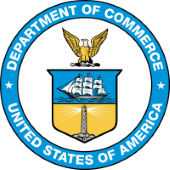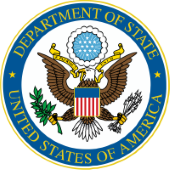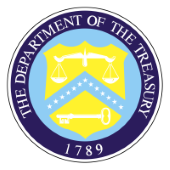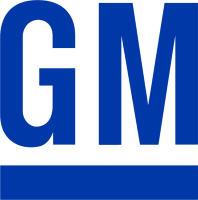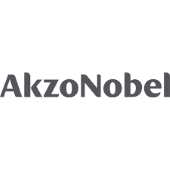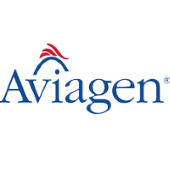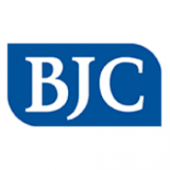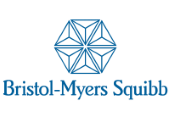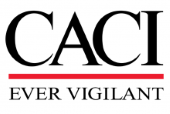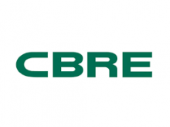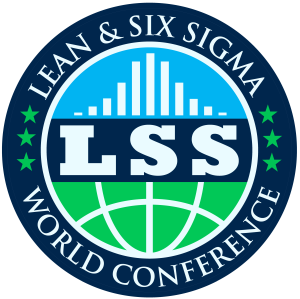 |
|  |
|
ABSTRACT Sustainability of Lean Six Sigma Gains: Best Practices for Long-Term ExcellenceIndustry: Manufacturing Keywords: Best Practices; Gains; Sustainability Level: All Levels LinkedIn: https://www.linkedin.com/in/alrifai/ Lean Six Sigma is a robust improvement methodology that offers a potent approach for organizations to improve processes, achieving operational excellence and long-term competitive advantages. However, the value of Lean Six Sigma lies not just in initial improvements but in the ability to sustain these gains over the long term. This presentation explores a multifaceted array of best practices critical to ensuring that the dividends derived from Lean Six Sigma initiatives endure, perpetuating operational efficiency, elevating product and service quality, and fortifying competitiveness over an extensive temporal horizon. One fundamental component is the commitment of top leadership, which transcends mere endorsement to active advocacy and exemplification of Lean Six Sigma principles. Cultural integration emerges as the linchpin of enduring success, necessitating a shift toward a culture of perpetual improvement where every employee becomes a proactive agent in identifying and rectifying process inefficiencies. Ongoing training and development programs form the bedrock for sustaining Lean Six Sigma gains, equipping employees engaged in Lean Six Sigma initiatives with the necessary skills and knowledge. Effective communication is a pivotal pillar for success, ensuring stakeholders across organizational tiers are well-informed about Lean Six Sigma's benefits. Documenting and standardizing improved processes is paramount to adhere to optimized processes consistently. Performance metrics and key performance indicators (KPIs) play a crucial role in continuous assessment, while continuous monitoring and feedback loops enable the early detection and resolution of issues. Recognizing and rewarding contributions to Lean Six Sigma initiatives fosters enduring employee engagement and enthusiasm. Cross-functional teams dedicated to process improvement are instrumental in ensuring the perpetuation of optimized processes and addressing emerging issues. Regular reviews of Lean Six Sigma projects and processes and proactive risk management constitute essential elements of the sustainability framework. Knowledge transfer, achieved through the systematic documentation and sharing of knowledge and expertise acquired during Lean Six Sigma projects, safeguards critical institutional knowledge. Celebrating the successful culmination of Lean Six Sigma projects and milestones elevates morale and underscores continuous improvement's significance. Maintaining a steadfast long-term perspective on Lean Six Sigma is essential, as the sustainability of gains is an ongoing journey that demands unwavering dedication and vigilance. In conclusion, the sustainability of Lean Six Sigma gains is an organizational imperative. The best practices outlined herein provide a comprehensive roadmap for organizations to ensure that their investments in Lean Six Sigma yield enduring returns, enhanced efficiency, elevated quality, and fortified competitiveness. | BIOGRAPHY Dr. Mohammad Al-RifaiContinuous Improvement Manager, SunOpta, Mechanicsburg, PA, USA Dr. Mohammad Al-Rifai holds a Ph.D. in Industrial Engineering from the University of Arkansas and a Bachelor's and Master's in Mechanical Engineering from Jordan University of Science and Technology. He has a wealth of experience in Lean Systems and Six Sigma, having earned various certifications over the years. He received his first professional lean manufacturing training in 2005 and earned his Lean Systems Operation Excellence Champion Certification from the Institute for Lean Systems in 2008. In 2007, he also received his Six Sigma Green Belt from the Institute of Industrial Engineers. In 2009, he became a Certified Six Sigma Black Belt (ASQ CSSBB) by the American Society for Quality. In 2018, he achieved the status of Certified Six Sigma Master Black Belt (ASQ MBB) by the American Society for Quality. With almost two decades of experience working for large U.S. companies across various industries, Dr. Al-Rifai has an impressive track record of deploying strategic plans, improving efficiency, and reducing costs. He is an expert in process improvement, operational excellence, strategic planning, project management, training, staff development, and operations management. He has also trained thousands of Lean Six Sigma champions. Dr. Al-Rifai wrote a book entitled “Lean Six Sigma: A DMAIC Roadmap and Tools for Successful Improvements Implementation,” which is currently being published by Productivity Press, Taylor & Francis. |



